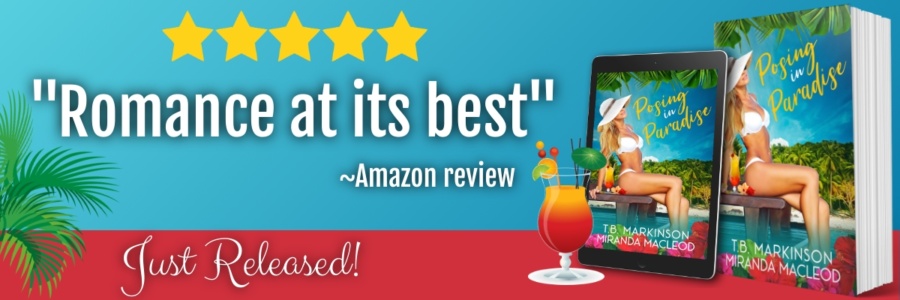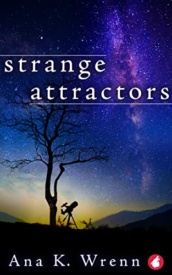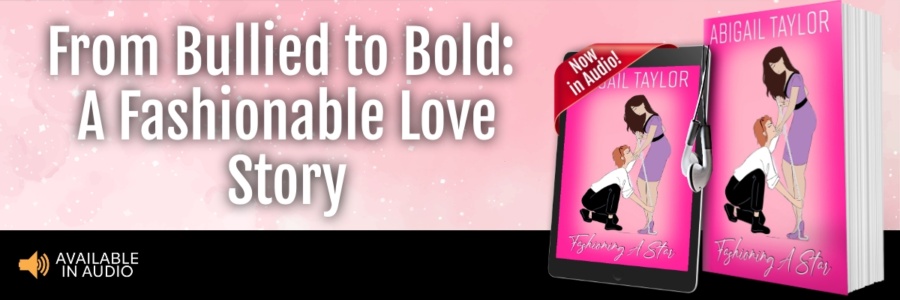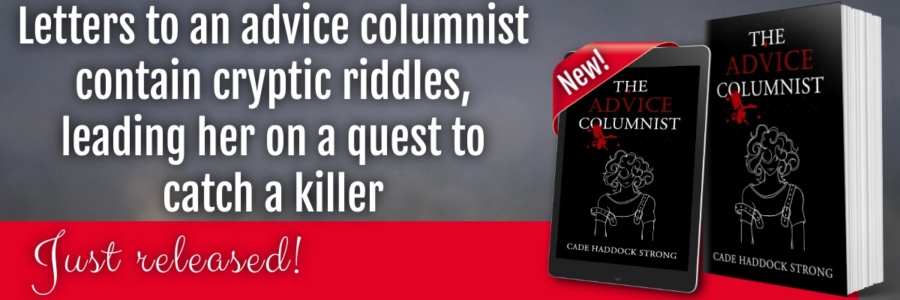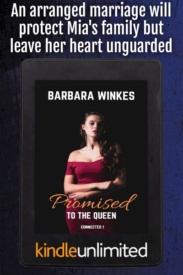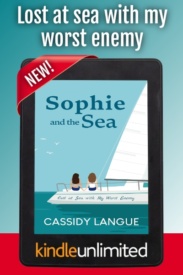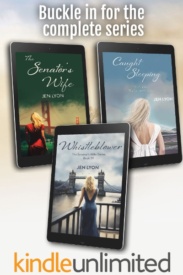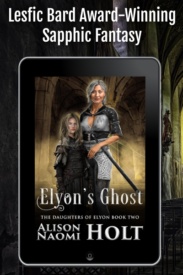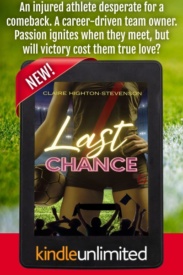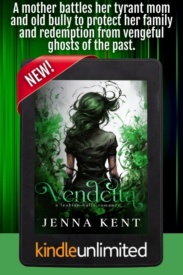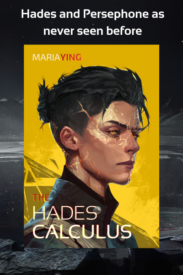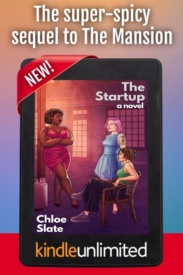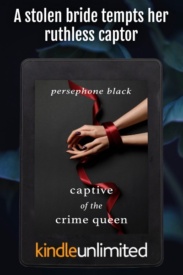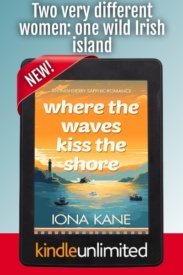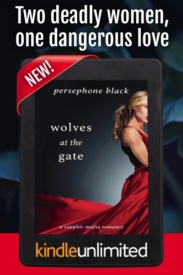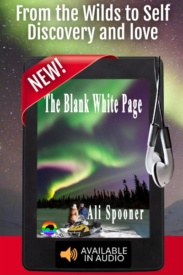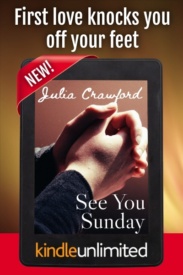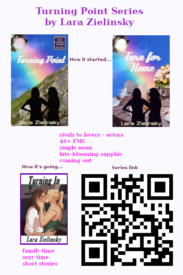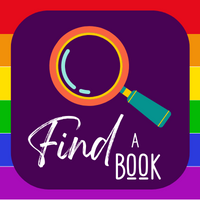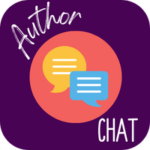
Get ready to learn more about the book Strange Attractors in this discussion with sapphic author Ana K. Wrenn.
Join us for an exclusive peek behind the scenes as we quiz Ana K. Wrenn about Strange Attractors, writing, reading, and more.
This book is part of the Workplace Romance category in the 2024 IHS Reading Challenge.
Why did you write Strange Attractors?
It was the Spring 2018 Semester when I walked into my classroom at a college university in Southern Appalachia. There on the media console was a note on rose-pink post it: Let’s Play a Game!
I grabbed the note and waved it, asking my students, “Does this belong to anyone.” Unlike Dr. Sonja J. Storey, the frosty professor/protag, I repeated the question over my chattering students. But in that moment, right before my lecture was scheduled to start, I thought:
What if I were a professor who looked at the world differently? What if I had ample experience that the world was out to get me? How would I interpret that note?
Let’s Play a Game! Left in a classroom for a professor to find. That was a moment of magic, a simple and mysterious note. That very day, I did a quick skeletal outline, then as soon as the semester ended, I took a month and drafted the worst draft that I would spend years revising.
Nearly the moment I laid my eyes on that note in my classroom, I knew in my gut that I had to tell Dr. Sonja J. Storey’s story.
Who is your favorite character in the book?
Dr. Crystal Byrd. She’s similar to me in the sense that she has an eye, and heart, for so-called “difficult” women. Crystal understands that the world can rough up smart women, and she wants to show them the love, compassion, and respect they may rarely receive; however, she’s more patient than I am.
I will say that I also deeply care about Dr. Sonja J. Storey, even though she can be challenging to get close to.
What was the biggest challenge writing this book?
Dr. Sonja J. Storey is a smart, dedicated academic; however, I set out to write an “unlikeable” woman protag.
There are endless stories that give us male anti-hero protags who are adored, or at least respected. I wanted to write a complex character who dares to see oppressions in the system and openly resists them while unknowingly contributing to them (as we all do).
The challenge was creating a so-called “unlikeable” protag that readers could connect with in some way, despite her porcupine quills.
What part of Strange Attractors was the most fun to write?
What gave me a bit of a thrill was writing the scenes where Dr. Crystal Byrd, seemingly a softie, calls Sonja on her B.S., hypocrisy, and privilege.
How did you come up with the title for your book?
Strange Attractors is one of the foundational concepts in Chaos Theory which drives much of the plot of this book. What are strange attractors? Read and discover. *grin & wink*
How much research did you need to do for Strange Attractors?
The research process lasted several years, but I also draw on my decades of experience in academia. In many ways, it’s a deeply personal book, but of course, I had to do extensive research on topics outside of my realm of lived experience, including unique challenges faced by professors of color, particularly those identifying as female.
What is your favorite line from your book?
“If I need to be the villain in your story to be the hero in my own, then so be it.” Dr. Crystal Byrd
I actually repeat that line to myself as a kind of mantra, and I’ve had readers tell me that line has special meaning for them.
What is your writing process like?
I’m a plotser, a writer who has a loose map of where I’m going but also allowing my world and characters to surprise me, even lead me astray from time to time.
To overcome imposter syndrome, I quickly draft the entire book (usually in under a month). Then, I take a year or so revising, and once I have a clear vision that’s been executed to the best of my ability, I send it to beta and sensitivity readers; these are people I trust will be honest with me about what they see not/working. Afterward, I heavily revise and submit to my publisher. Once I receive her feedback, I revise further based on her comments, preparing to submit the cleanest version possible to my editor who rips up my manuscript in the best possible way.
Likely, I will never be an author who publishes multiple books each year. I spend the vast majority of time in the revision process, but that’s where the magic really happens.
Where do you usually write, and what do you need in your writing space to help you stay focused?
I have multiple writing spaces that are important to me, and depending on the season and weather, I use each one. My favorite is under a patio umbrella on my deck. There, I’m surrounded by tulip poplars, my two dogs, and all the wild critters visiting my zillion feeders. It’s truly a place that brings forth my creativity and joy.
If you could spend a day with another popular author, whom would you choose?
This is a TOUGH question. I would have to go with Lee Winter, author of some of my favorite books, including Shattered, The Fixer, and Vengeance Planning for Amateurs (February 2024 release from Ylva Publishing). Not only is Lee my patient editor, but she’s whip-smart, witty, and the garden she and her fiancée have created is spectacular. Plus, she puts up with me, so….
How do you celebrate when you finish your book?
I have a bottle of Writer’s Tears whiskey waiting to be opened when I’m done with my current book. Also, I like to go outside and stare up at the trees, reminding myself of this large, lovely universe.
Do you have any odd writing quirks?
Drinking my forager’s tea when writing is really quirky.
Laura Green, Sapphic Book Review, calls it my witch’s brew, and I love that. I don’t drink a lot of my forager’s tea in one sitting because it takes forever to make because I, well, forage each ingredient (e.g., lemon balm, raspberry leaves, plantain), and let it brew in an old mason jar, often for months.
I know… sounds weird, right?
Do you have a pet who helps/hinders your typing?
Queen Lilith is a big gal (black cat) who plops on me, especially during cold weather, and she traps me in. Ice Queen Kitty (Elsie, the youngest cat and a frigid one) wants attention when she WANTs attention, and that often means during my writing sessions. She jumps up beside me and yowls until I stroke her and tell her, “I love you,” and if I don’t do it right (and I usually don’t), she hops down and punishes me with her chilly disposition.
Claude the Gray, my male cat, begins howling around 4PM every blasted day, wanting food, but I don’t stop writing–or feed the cats–until 5-5:30PM, so there’s lots of complaining from him.
My dogs hinder my work in their own ways. During the warmer months, I sit on the deck and Kia (my small, fox-like–but chubby–red dog barks at EVERY wild critter and neighborhood cat). Her barking is non-stop, and drives me crazy…but not crazy enough to go inside.
Then, Luna (the NEEDY hound-shepherd mix) knocks my hand away from my laptop when she wants to be reminded that she exists. But Luna doesn’t just want pats. She wants me to look into her chocolate-brown eyes while stroking her head.
Both Kia and Luna seem to know when I have a writing-breakthrough because that is the exact moment they start their shenanigans.
What animal or object best represents you as an author or your writing style?
Great question. I’m probably most like a Red-Bellied Woodpecker when it comes to my writing. Stay with me. I’ll explain.
Red-Bellied Woodpeckers are obsessive when it comes into drilling into something hard to find the tender treat. I’m the same. I’ll stay at a scene, drilling into it, looking for what’s hidden but tasty.
These woodpeckers are also skittish. If there’s a loud noise or unexpected movement while their pecking away, they fly off. I’m the same with people interrupting me. My thoughts fly off, and I get agitated.
Whew! I’m a weird one. LOL
What are three words that describe your personality?
Caring–I care about everything and everyone which is why having stray cats wandering in my yard bothers me; I’m both worried about the critters its hunting and how it will feed itself and survive bad weather in the mountains.
Feisty–Like the Carolina Wren, I can be quiet, but when I have something to sing or chatter about, I do it with gusto…while being tiny.
Curious–I love learning and discovering the world and its inhabitants in new ways. This is why I loved being a professor and researcher for years, but this is also why I love exploring the woods. And when I write a book, I usually tackle a different topic/setting, allowing me to lose myself in discovery.
What is the most valuable piece of advice you’ve been given about writing, and by whom?
Dad was a professor and writer, and he told me, “Always keep something in the mail.”
That was during the time when writers had to mail off submissions via snail-mail. I still hold that advice in my heart. Now, though, I always have “something in the mail,” meaning that I always have a writing project I’m developing or refining.
Doing that gives me hope and keeps me engaged and energized. Plus, if one book/writing project doesn’t work out, then there’s always the next because we’re always learning, growing, and possibly, improving.
What has helped or hindered you most when writing a book?
This is going to sound awful, but relationships with people are the reason I write but they are also a barrier to writing.
Human relationships are fascinating, complex, and I love exploring them in my books; however, relationships also need time, care, attention, and respect. Sometimes, it’s just plain difficult to simultaneously nurture a writing project and human relationships.
When you’re writing an emotional or difficult scene, how do you set the mood?
I pay close attention to my physical setting. Do I have everything I need, including objects (e.g., photographs) that inspire and/or inform me? Have I reduced distractions (e.g., cell phone is muted or in another room)?
Also, I “audit” my own emotions. How am I feeling? How are my feelings similar to/different from my characters’ feelings/emotional journey? Am I projecting my own emotions onto my characters, and if I am, is that projection helpful, harmful, both?
What do you do to get inside your character’s heads?
I create timelines and draft “bridge” stories (e.g., stories that carry me from their past to the present). Also, I tap into my own personal stories. For example, I may not have the exact experience that a character has, but I know what it is to love, long for, detest, etc.
Actually, I have to be careful because I find it easy to take on the “energy” of my characters. So, if I’m writing someone like Dr. Sonja J. Storey, I must be mindful that I don’t carry her pains, quirks, and frustrations into my lived life.
If you could be mentored by a famous author (living or not), who would it be?
Natsuo Kirino and Toni Morrison have written about difficult subjects in a way that doesn’t lose sight of humanity. Frankly, though, I am fortunate to have been mentored by several authors, and I deeply appreciate their investment in my work, something I try to communicate to them in DMs, emails, and other appropriate, respectful ways.
What books did you grow up reading?
I read a lot of sweeping fantasy, epic SpecFic, and dark fiction growing up, and it added magic to my life–think Chronicles of Narnia, Lord of the Rings, The Stand. These books shaped me because they were imaginative, descriptive, lovely, and searing.
They also shaped me because I wanted more diversity in them. I wanted bold, complex, female characters, authentic characters of color (not just “victims” who move the white protag to action), and queer characters who live, love, and laugh.
I decide to write, in part, to centralize other stories, other characters, not just the white, heterosexual male protags I grew up on.
What book do you wish you had written?
One of the first classics I fell in love with was the Scarlet Letter, a tale of betrayal, secrets, and how society punishes those who dare to love, even when forbidden to do so.
I’ll tell you: Bonus points to the author who writes an updated sapphic retelling. I would devour that book (Uhmmmmm….this question is giving me ideas in the best possible way).
Have you ever thought you’d hate a book, but ended up loving it?
The Overstory by Richard Powers.
It’s a thick book I had in a basket of books. It was covered in dust for years. My mother gave it to me, and I thought I would never read it, but one day, I heard it mentioned on a podcast, so I picked it up, and I was hooked.
It’s now one of my all-time favorite books, one that’s difficult to describe but impossible to forget: it’s about people’s relationship with trees, and it invites us to think about our impact on this interconnected world. I LOVE it!!!


